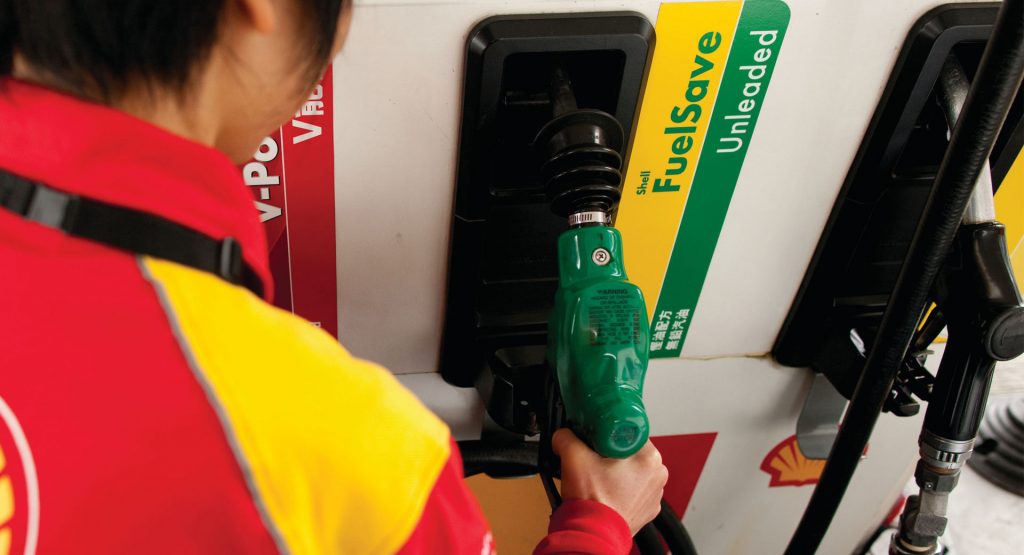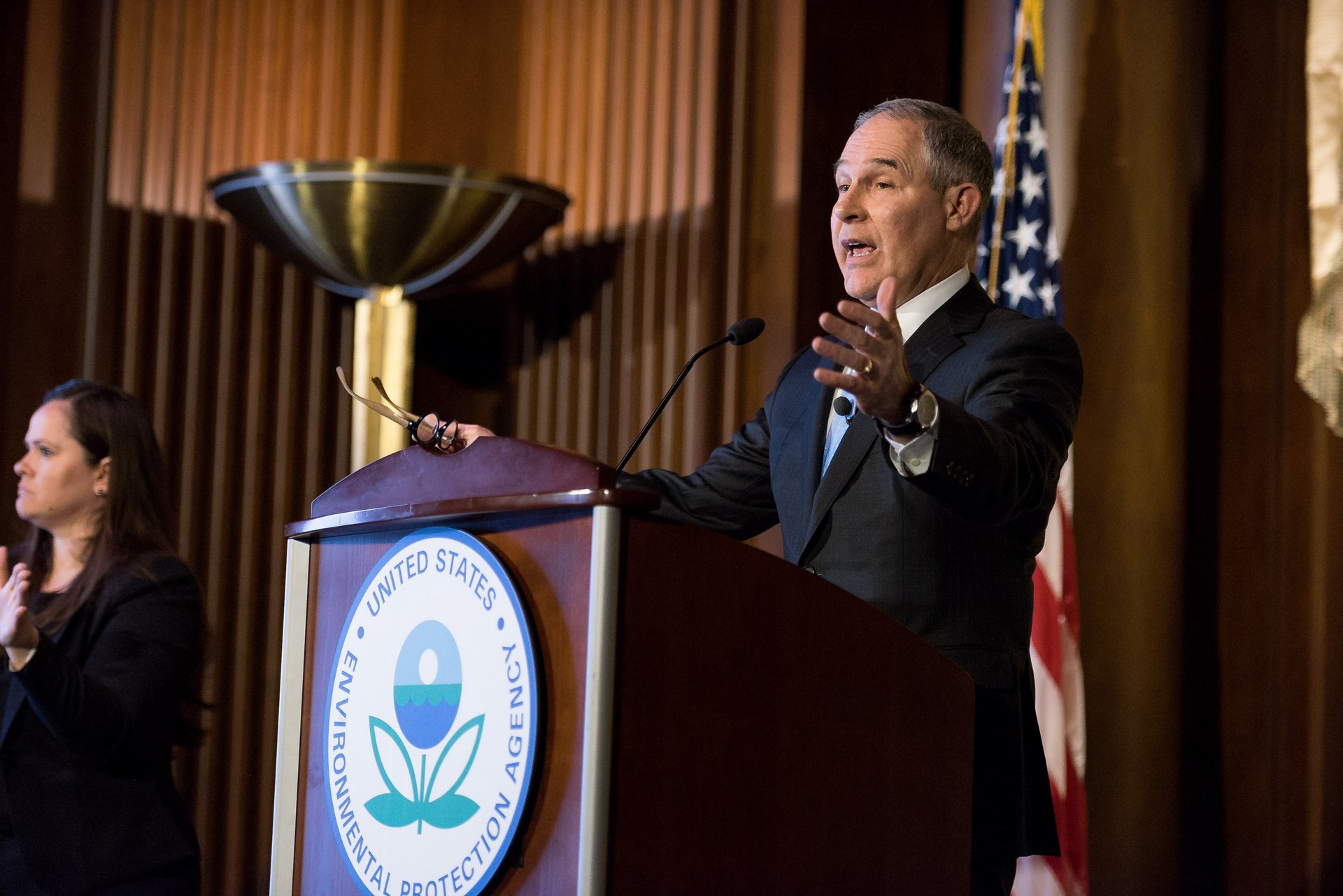The Environmental Protection Agency has confirmed plans to overhaul proposed fuel economy standards which were put in place under President Obama.
In a statement, the agency said it recently completed the midterm evaluation of greenhouse gas emissions standards for passenger vehicles for the 2022-2025 model years. Following the review, the EPA has determined “In light of recent data, the current standards are not appropriate and should be revised.”
The agency didn’t go into specifics but EPA Administrator Scott Pruitt said “Obama’s EPA cut the midterm evaluation process short with politically charged expediency, made assumptions about the standards that didn’t comport with reality and set the standards too high.” He went on to call the previous determination “wrong.”
The news doesn’t seem that important on the surface but it kicks off a series of events which will see the average fuel economy rating of new vehicles drop from the previous target of nearly 50 mpg by 2025. The government declined to reveal the new number but Pruitt said the EPA will work with the National Highway Traffic Safety Administration to develop a “notice and comment rulemaking to set more appropriate GHG emissions standards and Corporate Average Fuel Economy (CAFE) standards.”
The decision was expected and reports have suggested California and a handful of other states could begin a legal battle with the goal of keeping the original proposal in place. The EPA alluded to this fact as they noted a waiver allows the state to impose stricter standards than federal requirements. The agency then, rather blatantly, warned “The California waiver is still being reexamined by EPA under Administrator Pruitt’s leadership.”
The warnings to California didn’t stop there as Pruitt said “Cooperative federalism doesn’t mean that one state can dictate standards for the rest of the country.” He went on to say “EPA will set a national standard for greenhouse gas emissions that allows auto manufacturers to make cars that people both want and can afford — while still expanding environmental and safety benefits of newer cars.” Despite the sharp comments, Pruitt finished by saying it is in “America’s best interest to have a national standard” and the EPA looks forward to working with “all states, including California, as we work to finalize that standard.”





